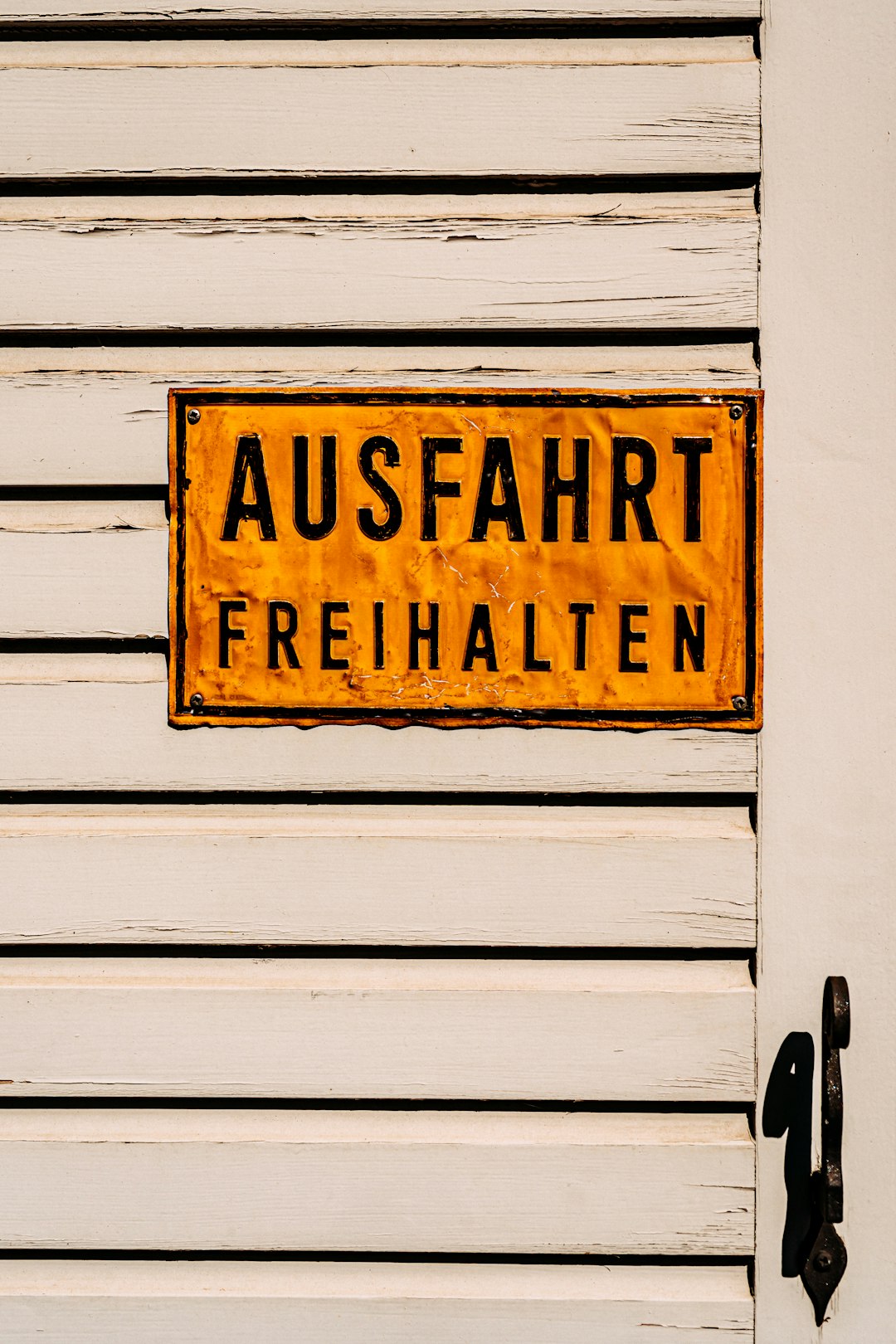Essential German Language Phrases: A Practical Guide for Beginners
German is one of the world’s major languages, spoken by over 100 million people as a native language across Germany, Austria, Switzerland, and beyond. Whether you’re traveling, making new friends, or beginning to study the language, learning some basic phrases will help you navigate daily situations and communicate effectively. This article covers foundational phrases, provides pronunciation tips, and includes practical tables for reference.
Why Learn Basic German Phrases?
- Smooth Travel: From ordering food to asking for directions, knowing key phrases enhances your experience.
- Cultural Respect: Speaking even a little German goes a long way in connecting with locals.
- Confidence Boost: Handling basic conversations gives you the confidence to keep learning.
German Pronunciation Tips
- ch is a soft sound, as in the Scottish “loch.”
- w is pronounced like English “v.”
- v is pronounced like English “f.”
- The letter “ß” is called “Eszett” and pronounced like “ss.”
Greetings and Farewells
| English | German | Pronunciation |
|---|---|---|
| Hello | Hallo | HAH-lo |
| Good morning | Guten Morgen | GOO-ten MOR-gen |
| Good evening | Guten Abend | GOO-ten AH-bent |
| Good night | Gute Nacht | GOO-teh NACHT |
| Goodbye | Auf Wiedersehen | owf VEE-der-zey-en |
| Bye (informal) | Tschüss | CHUESS |
Polite Expressions
| English | German | Pronunciation |
|---|---|---|
| Please | Bitte | BIT-tuh |
| Thank you | Danke | DAHN-kuh |
| You’re welcome | Bitte schön / Gern geschehen | BIT-tuh shern / GEHRN guh-Shay-en |
| Yes | Ja | Yah |
| No | Nein | Nine |
| Excuse me | Entschuldigung | Ent-SHULL-dee-goong |
| I’m sorry | Es tut mir leid | Ess toot meer lite |
Introducing Yourself
| English | German | Pronunciation |
|---|---|---|
| What’s your name? | Wie heißen Sie? (formal) | Vee HY-ssen zee |
| What’s your name? | Wie heißt du? (informal) | Vee hy-ssed doo |
| My name is… | Ich heiße… | Ich HY-suh… |
| Nice to meet you | Freut mich | Froit mikh |
| How are you? (formal) | Wie geht es Ihnen? | Vee gate es EE-nen |
| How are you? (informal) | Wie geht’s? | Vee gates |
| I’m fine, thank you. | Mir geht’s gut, danke. | Meer gates goot, dahn-kuh |
Common Questions
| English | German | Pronunciation |
|---|---|---|
| Do you speak English? | Sprechen Sie Englisch? | SHPRECH-en zee ENG-lish? |
| I don’t understand | Ich verstehe nicht | Ich fer-SHTAY-uh nicht |
| Can you help me? | Können Sie mir helfen? | KURN-en zee meer HELF-en? |
| Where is the bathroom? | Wo ist die Toilette? | Vo ist dee TOY-let-teh? |
| How much does it cost? | Wie viel kostet das? | Vee feel KOSS-tet das? |
| What time is it? | Wie spät ist es? | Vee shpayt ist es? |
| Could you repeat that? | Können Sie das wiederholen? | KURN-en zee das VEE-dur-ho-len? |
Numbers 1–10
| Number | German | Pronunciation |
|---|---|---|
| 1 | eins | ayns |
| 2 | zwei | tsvy |
| 3 | drei | dry |
| 4 | vier | fear |
| 5 | fünf | fuenf |
| 6 | sechs | zeks |
| 7 | sieben | ZEE-ben |
| 8 | acht | ahkht |
| 9 | neun | noin |
| 10 | zehn | tsayn |
Eating Out
| English | German | Pronunciation |
|---|---|---|
| I would like… | Ich möchte… | Ich MERK-tuh… |
| The menu, please. | Die Speisekarte, bitte. | Dee SHPY-zeh-kar-tuh, BIT-tuh |
| A table for two, please. | Einen Tisch für zwei, bitte. | Eye-nen tish fuer tsvy, BIT-tuh |
| Cheers! | Prost! | Prohst |
| Water | Wasser | VAHSS-er |
| Beer | Bier | Beer |
| The bill, please. | Die Rechnung, bitte. | Dee REKH-noong, BIT-tuh |
Practical Dialog Example
At a Café
- Waiter: Guten Tag! Was möchten Sie bestellen? (Good day! What would you like to order?)
- You: Ich hätte gern einen Kaffee, bitte. (I’d like a coffee, please.)
- Waiter: Kommt sofort! (Coming right up!)
- You: Danke! (Thank you!)
- Waiter: Bitte schön! (You’re welcome!)
Useful Travel Words
| English | German | Pronunciation |
|---|---|---|
| Train station | Bahnhof | BANH-hof |
| Airport | Flughafen | FLOOG-ha-fen |
| Ticket | Fahrkarte | FAR-kar-teh |
| Entrance | Eingang | EYN-gang |
| Exit | Ausgang | OWS-gang |
| Street | Straße | SHTRAH-seh |
Tips for Practicing
- Listen: Watch German films or listen to German music.
- Repeat: Practice saying phrases aloud for pronunciation.
- Engage: Use basic German when talking to native speakers, online or in person.
Conclusion
Mastering these essential phrases provides a solid foundation in German, making your first steps in the language more comfortable and rewarding. Use this guide as your starting point, practice regularly, and soon you’ll find yourself navigating German-speaking environments with ease.
Viel Erfolg! (Good luck!)
